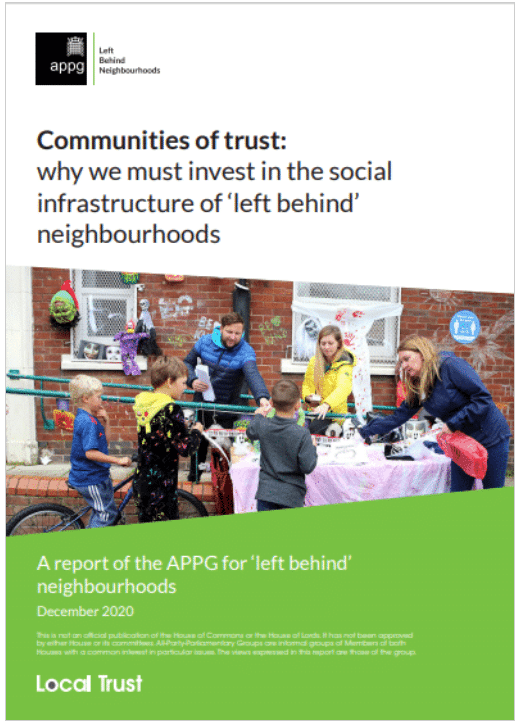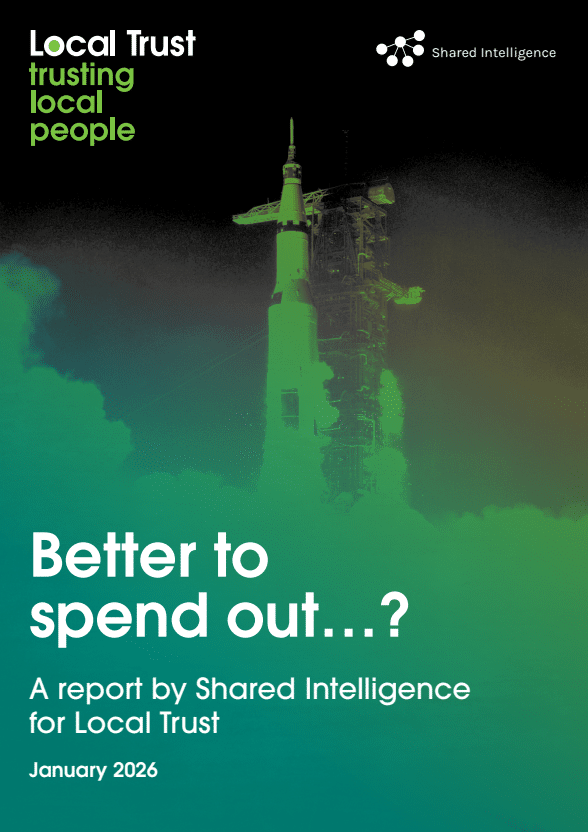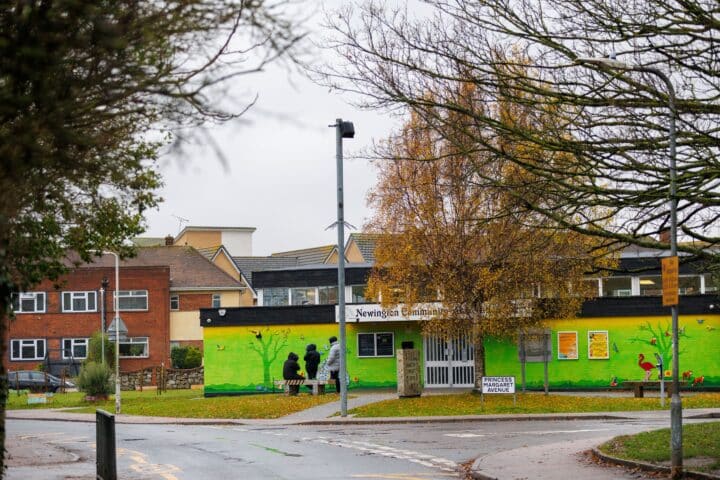Communities of trust: Why we must invest in the social infrastructure of ‘left behind’ neighbourhoods
This report by the All-Party Parliamentary Group for ‘left behind’ neighbourhoods outlines why long-term, neighbourhood-level investment in social infrastructure is essential to generate lasting change in these areas.

Over the last few years, 225 neighbourhoods identified as ‘left behind’ have seen their social infrastructure decline disproportionately compared to the rest of the country.
This report outlines how ‘left behind’ neighbourhoods are not only economically deprived (as measured by the Index of Multiple Deprivation) but also have low levels of social infrastructure, identified as a combination of community assets, civic engagement and connectivity (both physical and digital).
It explores new polling data from Survation and argues that long-term, neighbourhood-level investment is essential to ensure that lasting, sustainable change is delivered in these areas.
Key findings and recommendations:
- Trusting local people with decision-making can be a catalyst for improving social and economic outcomes by supporting local communities to respond to their own priorities and fulfil their aspirations for a better future.
- Investment needs to balance creating new economic opportunities with improving local levels of social infrastructure. Residents in ‘left behind’ neighbourhoods want to see improved health and wellbeing outcomes, including for young people; support for businesses and employment opportunities; and investment in foundational social infrastructure.
- To secure transformational and enduring change, capacity building resources must be provided for communities themselves to take action on the issues that matter most to local people.
Local Trust acted as secretariat to the APPG for ‘left behind’ neighbourhoods over the course of its activities in the 2019-2024 parliament.



